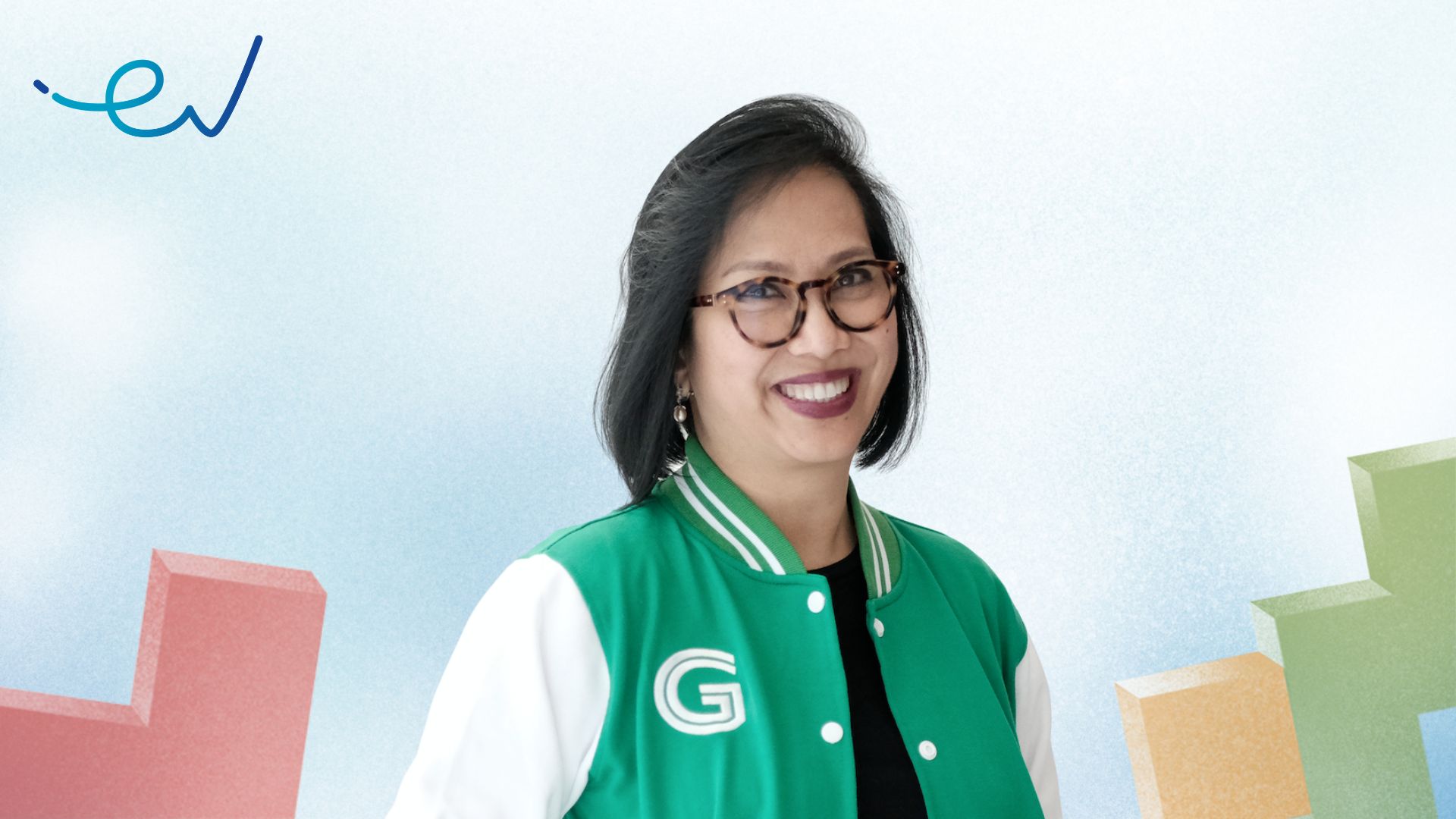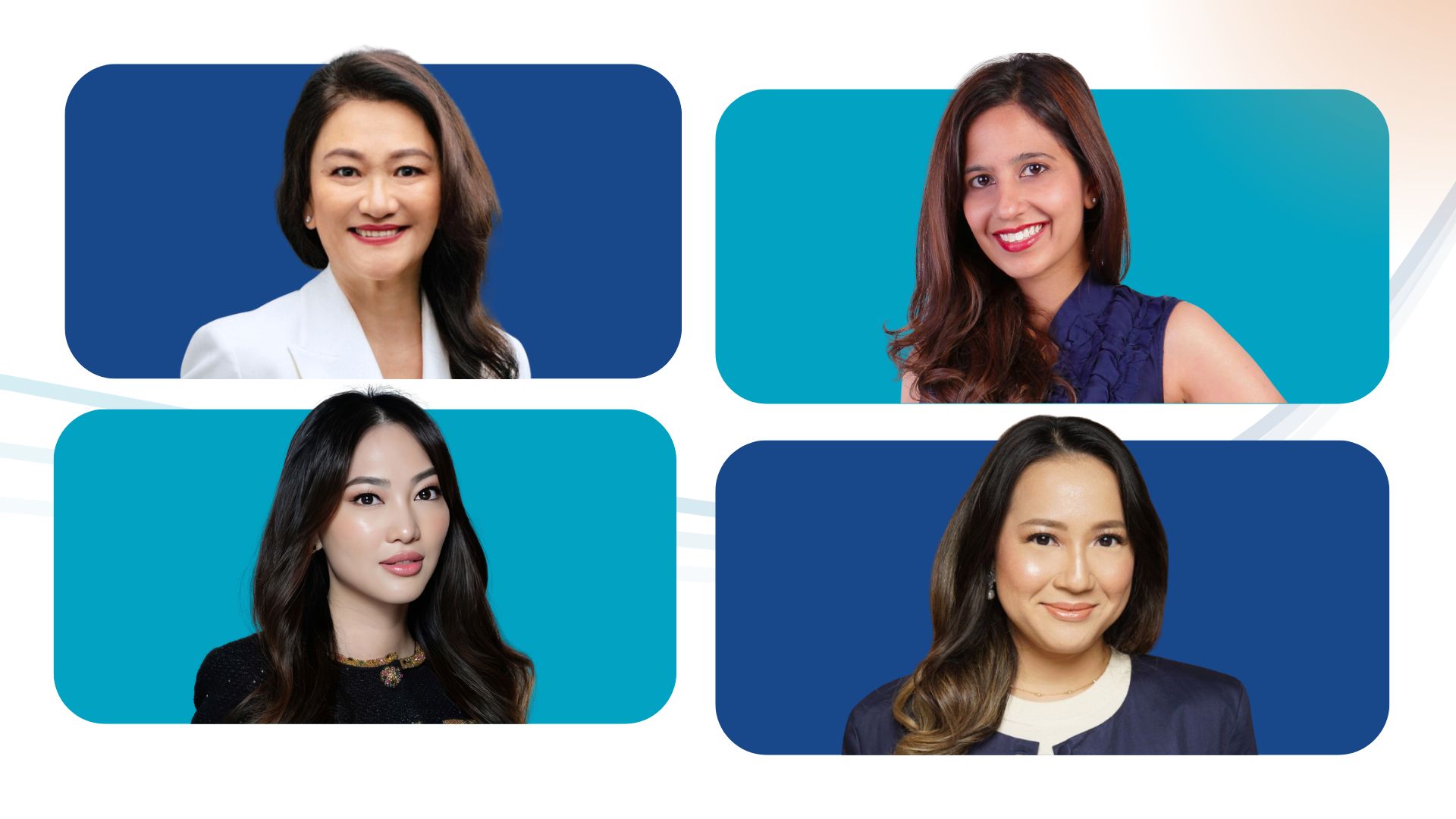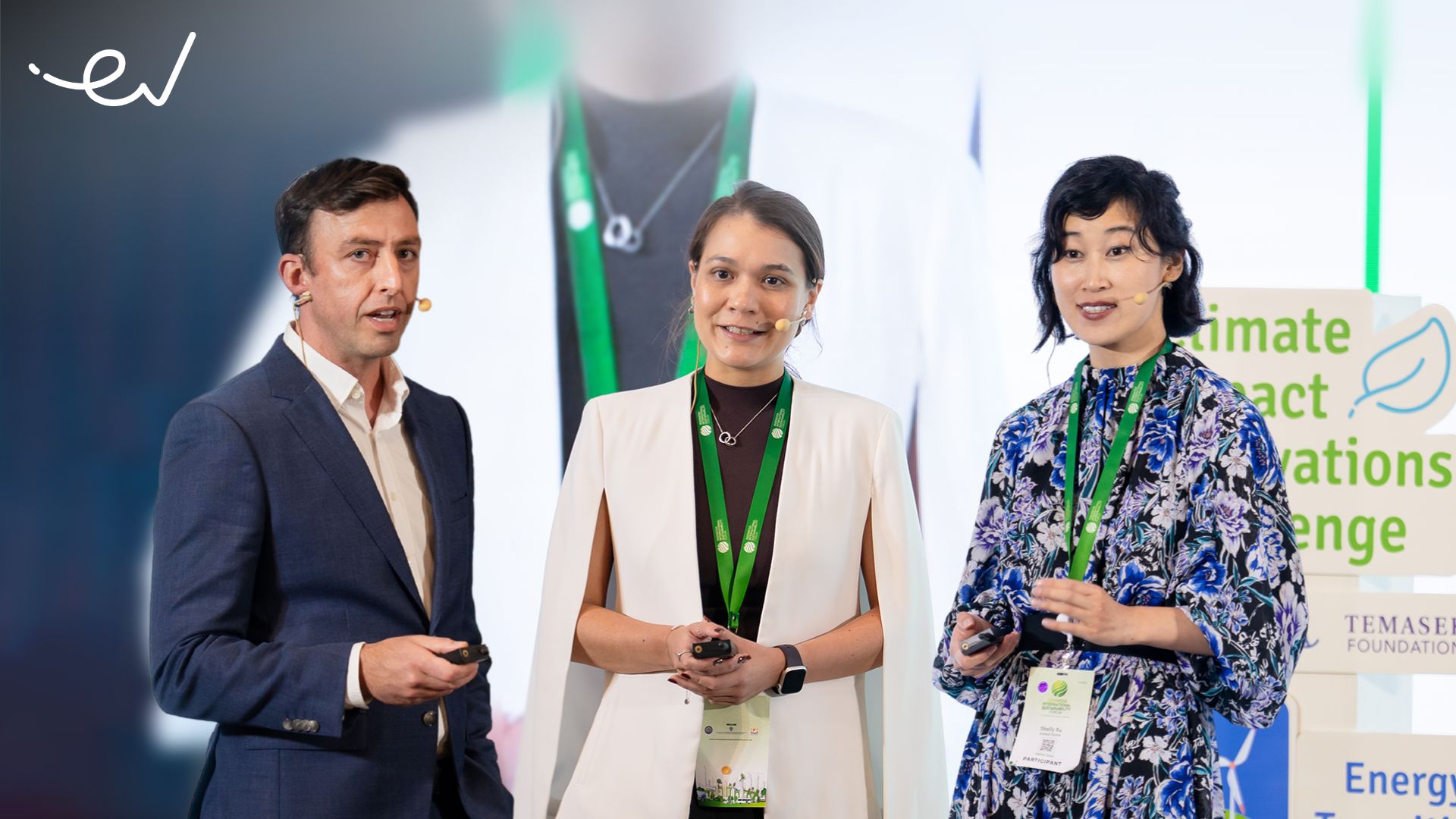The global economy faces a multidimensional crisis or perfect storm due to global recession, energy crisis, and geopolitical tensions. What are the strategies prepared by Grab Indonesia to deal with this condition?
Our goal from the start has been to build a sustainable business that is resilient, adaptable, and grows in any environment, including technological disruption. With solid business performance and diversification of business models, we continue to strive to continue the path toward profitability and ensure a sustainable business. Grab will serve the Southeast Asian market for the next 5, 10, even 50 years.
To achieve all of this, Grab Indonesia’s main guideline is being able to serve important elements in our ecosystem, namely users and partners, both drivers and MSMEs. Our strategy has always been and will continue to be centered on identifying pain points faced by stakeholders in our ecosystem to produce the right product innovations and of course encouraging the team to remain nimble in all situations to be able to make the necessary pivots in a short amount of time. In addition, Grab has always been and will continue to control expenses with the principle of prudence.
One case in point: When the pandemic hit, many driver-partners did not receive income because there were calls to do activities from home. Meanwhile, many people are also worried about leaving the house due to the high spread of the virus. At the end of March 2020, we launched the GrabMart service where users can order daily necessities to meet their consumer’s needs during COVID-19 and provide an alternative income for driver-partners.
Increasingly stringent mobility restrictions also affect many MSME actors such as traders in traditional markets who earn income from face-to-face transactions. With the presence of GrabMart, traditional market traders can expand their market reach. Three months after the first launch of GrabMart, we are expanding the capabilities of this feature by also introducing GrabMart Pasar by 2022 has 5,200 partners in several cities such as Jakarta, Tangerang, Bogor, Surabaya, Jogja, Solo and Medan.
We continue to drive business growth through various strategic initiatives that can answer the needs of stakeholders, such as the GrabUnlimited subscription promo program for various Grab services; digital needs services for corporations through GrabForBusiness; online wholesale services, advertising; to local partnerships – from the government, MSMEs to other business actors.
In the midst of rapidly growing digitalization, digital and physical infrastructure is still uneven in Indonesia. How does Grab take advantage of this opportunity to promote digital equity and digital economic growth in Indonesia’s tier 2 and 3 regions?
Penetration into the Tier-2 and Tier-3 areas is the focus of Grab Indonesia. The first super app that is here to provide access to digital services in several eastern regions of Indonesia (Jayapura, West Papua; Kupang, East Nusa Tenggara; Bima, West Nusa Tenggara; Labuan Bajo, East Nusa Tenggara; Sumbawa Besar, West Nusa Tenggara and Sepaku, East Kalimantan; and Kotamobagu, North Sulawesi).
We do empowerment of MSME partners through onboarding, training, and promotion programs ○ City of the Future: Accelerator programs for MSMEs in Tier-2 and Tier-3 cities that offer access to digitalization to reach more consumers, training to promotional support. By the end of 2021, more than 15,000 participants have participated, held in five cities: Kupang, Solo, Malang Raya, Pekanbaru and Gowa.
We also have GrabAcademy: A platform that aims to increase the digital literacy of MSME actors as a form of Grab’s commitment to educating all Grab partners. There are 137 types of courses that Grab partners can take part in. More than 90 driver-partners and their family members have attended Cybersecurity training, in partnership with Mastercard and more than 418,000 driver-partners attended Microsoft digital literacy training.
Grab and Kominfo work together to encourage digital literacy for MSMEs. How does this program strengthen Indonesia’s regional digital potential and competitiveness?
In January 2022, Grab signed a memorandum of understanding with the Ministry of Communication and Informatics (Kominfo) to increase the digital literacy of small and medium entrepreneurs, and young Indonesian talents. Grab with the Ministry of Communication and Informatics is collaborating in providing digital literacy training through the Digital Entrepreneurship Academy program that will be implemented throughout 2022, bearing in mind that Indonesia needs more technologically literate talents to drive the digital economy.
Furthermore, throughout 2022, Grab with the Ministry of Communication and Information will also collaborate through the scope of the Kominfo Industry Task Force in the G20 Digital Economy Working Group (DEWG) series, one of the main focuses of which is to encourage digital literacy and capabilities through talent development and digital infrastructure.
Until now, Grab is still trying to increase potential and expand income opportunities for people in the regions through various initiatives and programs, including increasing partners’ digital literacy through mentoring and intensive training: Future Cities Program: Accelerator program for MSMEs, GrabAcademy, and GrabMerchant.
Startups present technological innovations that have a real impact on the digital economy and important collaborations within it, like what and how does Grab collaborate to grow a sustainable digital ecosystem?
We ensure partners in the Grab ecosystem have access to financial literacy with OVO. Grab integrates digital wallet services, insurance, and training related to financial literacy skills for driver-partners and MSMEs.
We also help to create highly competitive startups through the Grab Ventures Velocity (GVV) program, an accelerator program to support founders to create strong and sustainable startups that have been around since 2018. This program has a 16 week duration with main activities covering training, mentoring, and pilot programs in the Grab ecosystem to Pitching Day for venture capitalists.It produced 31 alumni since it was first launched in 2018, including 26 startups from Indonesia. Grab also continues to collaborate with GVV alumni startups, including Octopus, Sayurbox, and Sejasa.com.
Beside that, we encourage the adoption of electric vehicles through cooperation with the government and strategic partnerships with private industry players and BUMN. Among them, the Ministry for Maritime Affairs and Investment is supported by the Ministry of Transportation & ESDM: Preparation of an electric vehicle roadmap. Then, Pertamina, PLN, SWAP Energi, Viar, Gesits, and Kymco: Provision of >600 electric vehicle infrastructure, such as battery swap station technology and Public Electric Vehicle Battery Exchange Stations (SPBKLU) in Jakarta, Bali, Medan, Surabaya, and Makassar.
Resilience depends on the ability to adapt in the midst of various conditions, even when disturbances occur. What business models and digital talent are needed to continue to unlock the potential of the new digital economy?
To be able to adapt, a change in the way of thinking and working of digital talent is needed to be disciplined in implementing a business strategy that focuses on the concept of sustainable growth > growth at all cost. This concept means that growth carried out slowly but continuously is better than growth carried out aggressively at all cost, but may not necessarily be sustainable in the long term. Regarding digital talent, Grab has a Grab regional innovation center for MSMEs and market traders in Indonesia called ID Tech HQ.
Supervising hundreds of local technology talent, ID Tech HQ – Grab has produced hundreds of innovative technology solutions that have been implemented in the Grab and OVO ecosystems. That includes product management, product design, product analysis, software engineering, quality assurance engineering, backend engineering, mobile front-end engineering, and site reliability engineering.
One of the local talents contributing to the development of technology used by Grab in the Southeast Asia region is Ariek Wibisono as Senior Map Operations Manager, GrabMaps Indonesia. Ariek was a Grab Driver Partner before finally joining Grab in the Map Operations GEO Products Division. From his experience as a GrabCar partner, Ariek found that the drop-off point or pick-up point is the main challenge faced by Driver Partners and consumers in the field.
Under Ariek’s leadership since joining Grab in 2017, as many as 20 members of the Map Operations team have successfully developed GrabMaps to reach more than 22 million Points of Interest, or location points, in more than 200 cities in Indonesia.
Grab plans to launch a digital bank in Indonesia. How does this financial technology service target market segments to strengthen Grab’s business services in the midst of macroeconomic uncertainty?
Indonesia has a large unbanked and underbanked population. Our plan to launch digibank together with our strategic partners, including Emtek, allows us to pursue additional opportunities to make financial services more accessible and convenient for Indonesians. By harnessing the combined strengths of the ecosystem Grab, OVO, and Emtek, we are confident that we can develop well in this industry.
The agenda for inclusive digital economic growth marked by alignment with SDG (sustainable development goals) through the implementation of ESG, how is it implemented at Grab Indonesia and what are the challenges faced?
Grab focuses on social and environmental impacts, and always puts forward efforts and strategies that could support the achievement of SDGs: Low carbon initiatives through the #LangkahHijau:
Steps to Reduce Emission. Grab as pioneer and largest operator of electric transport vehicles in Indonesia. 8,500 GrabElectric fleets spread across 12 cities in 8 provinces. GrabElectric has covered 100 million kilometers and help reduce emissions equivalent to 10,000 tonnes of CO2 equivalent to over 4 million liters of fuel (January 2021 – September 2022)
Steps to Plant a Tree. Reducing carbon emissions by planting trees through carbon offset programs: features of regular carbon credits voluntary at cost around IDR 200 – IDR 500 (depending on type of service used) per order. By 2021, the number of trees planted using the funds reached 42,000 thousand trees in Southeast Asia.
Steps to Reduce Plastic Waste. We launched GrabExpress Recycle, a collaboration with Danone AQUA and Octopus services recyclable garbage pickup for users. By the end of 2021, more than 2,000 kg of waste can be recycled, reassembled from around 4,000 GrabExpress Recycling Orders. Grab also has no cutlery feature. GrabFood users can activate the feature for not using cutlery for each food order. In 2021, this small step can save 774 million sets of cutlery from all Grab operational locations.
Efficient use of resources. Grab moves the office location in Jakarta to an environmentally friendly building.Regionally, using the same algorithm supported by Artificial Intelligence (AI) so it can combine multiple orders in one route to drive operational efficiency of the driver partner. By the end of 2021, the use of this technology has reduced the distance by as much as 38 million km.
Social inclusion: 50% of leaders in Grab Indonesia are women. We launched the #BelieveSETARA initiative for persons with disabilities with. We facilitate access to income for persons with disabilities, provide facilities for gathering/socializing persons with disabilities with the presence of SETARA Room, organize educational campaigns towards a friendly society disability, and multiplying the number of marginalized people (include persons with disabilities) who access income opportunities from the Grab platform in 2025.
For challenges, this is not only faced by Grab but by the entire industry. For example, how to accelerate the adoption of electric vehicle fleets with various challenges: education about electric fleets (breaking myths that are still wrong, such as short circuits that can occur when exposed to rain, or short battery life), building a stronger ecosystem, and encouraging more early adopters which will accelerate adoption.
One of the supporting instruments for the development of the digital economy, particularly in protecting consumer rights. How do you think the Personal Data Protection Act impacts the improvement of the digital ecosystem?
As a business actor engaged in providing technology and conducting business activities in Indonesia, Grab Indonesia will always support all government policies and efforts to protect consumer rights, including those relating to Personal Data. For Grab, maintaining data security and protection has been a top priority since its inception.
We create a structured system to ensure the security and protection of the company’s data. This system increases literacy and awareness of the importance of personal data protection by one way of holding periodic mandatory training for all employees regarding data protection.
Grab has a special unit team called the Grab Indonesia Data Privacy Office as mandated in the Personal Data Protection Act. The team plays an active role in providing views and directions as well as making good privacy policies for all parties in the Grab ecosystem which includes employees, driver partners, and MSME/merchant partners.
Grab strengthens the app with features to ensure user safety, such as: Toll-Free Phone Service, using VoIP (Voice over Internet Protocol) technology that allows free communication by telephone without showing each other’s numbers to protect the privacy of passengers and driver-partners.
Download the EV-DCI 2023 here.







